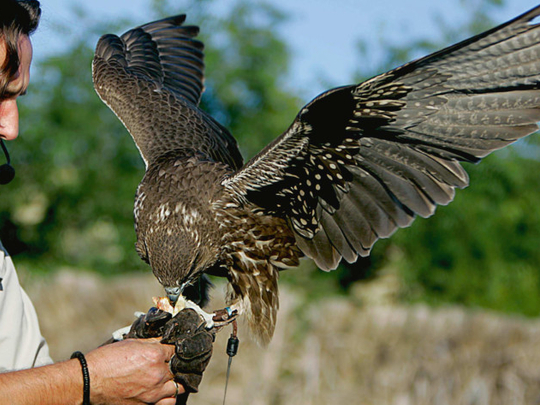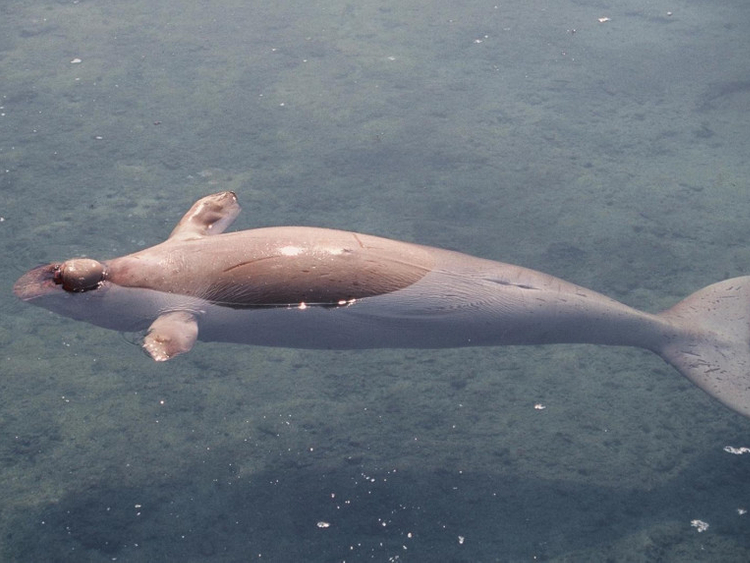
Dubai: The Ministry of Climate Change and Environment (MOCCAE) has launched an electronic service on its website to regulate domestic and international trade in endangered and threatened animals and plants covered by the Convention on International Trade in Endangered Species (CITES) of Wild Fauna and Flora.
The new service on www.moccae.gov.ae replaces the previous website www.cites.ae, run by the Environment Agency – Abu Dhabi (EAD) that was handling the registration of falcons, issuance of passports, and procedures for import, export and re-export, the ministry said in a press release on Wednesday.
In line with the UAE’s strategy to make all government services available in an electronic and smart format, the new two-track service allows customers to complete all relevant procedures through the website without visiting the customer service offices of the ministry.
The first track offers registration, licensing and issuance of passports for international trade in endangered animals and plants — covering import, export and re-export — in accordance with the terms of CITES. The second track targets domestic trade by individuals and entities, including registration and ownership change.
Muna Omran Majid Al Shamsi, acting director of the Biodiversity Department at MOCCAE, said: “The move aligns with the ministry’s drive to increase customer satisfaction and happiness through transforming all its services into e-services and mobile applications. The main objective of the service is to monitor and regulate trade in endangered and threatened species in line with CITES to avoid random abandonment by owners causing a proliferation of stray animals that may pose a risk to public health and safety.”
The e-service website, she said, contains information about CITES and the full list of endangered and threatened animals and plants with the aim of educating the public about species that are prohibited to acquire without registration.
“Every member of the community is responsible for complying with the terms and conditions of CITES. Buyers should verify the availability of the required certificates when purchasing any of the animals or plants listed in the agreement, or their parts and derivatives.
“They also need to obtain the necessary import certificates, and register the sale and transfer of ownership. Establishments engaging in trade in endangered species should be registered with MOCCAE, and ensure that the animals or plants are free from any diseases with the assistance of the authorities concerned.”
BOX
Penalties including up to six months of jail and fines up to Dh50,000 can be slapped on violators of the provisions of a federal law related to CITES.
The country joined CITES under the Federal Decree No. 86 of 1989 and issued the Federal Law No. 11 of 2002 to enforce the application of the agreement.
The law concerning regulating and controlling the international trade in endangered species of wild fauna and flora sets out penalties for the violation of its provisions. These include imprisonment for up to six months and fines up to Dh50,000 in addition to confiscation of the illegally traded or possessed specimens. The population of endangered species in the CITES totals 5,800 animals and 30,000 plants.
The most traded endangered species in the UAE include reptiles such as snakes and tortoises, parrots, falcons and other ornamented birds, coral reefs, caviar and its products, mammals, plants like orchids, cactus, and traveller’s palm.
The most traded products made of endangered species include leather used for coats, watches and handbags, oud, its perfumes, sandal and rosewood, and trophies made from species listed in CITES.













